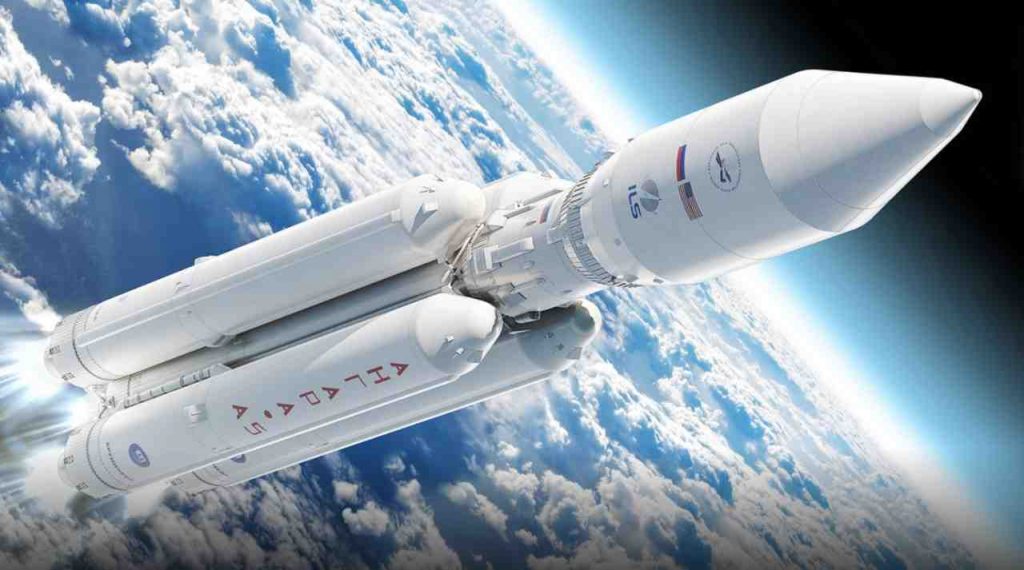There is a new threat to the Earth directly from space. No, we are not talking about an alien invasion or spaceships, but a Russian rocket in free fall towards our planet.
This is precisely the Angara-A5, a russian rocket produced in Moscow, and which was launched into space last December 27 from the Plesetsk base, in the northwestern region of Arkhangelsk. According to reports from the experts, the same should fall back on the earth, in a totally uncontrolled way, in the next 24 hours, consequently it is not clear where it can land, and what damage it could do. The rocket was launched into orbit to test a higher stage of the rocket, but the experiment evidently did not work, and everything did not go as the engineers had predicted on the ground. According to what has been specified by TAS, the Russian state news agency, “within 24 hours the rocket will be in free fall, but no one can predict where it will fall”.
It must be said, as often and willingly happens in the case of space debris, that most of the debris burns in contact with the earth’s atmosphere, disintegrating due to high temperatures, but it cannot be ruled out that some part larger than the Angara-A5 itself, can cause damage if it manages to overcome the “space barrier”, then coming into contact with our planet. The rocket was launched on December 27, 2021, and after a few hours of launch, two mandatory maneuvers had been performed which caused an engine failure. According to Holger Krag, head of the Debris Office of the European Space Agency (ESA), some damage cannot be ruled out at all: “It will certainly arrive here within the next 24 hours, but where no one can say, because in the next few hours it will carry out several revolutions around the globe “.

Krag himself, quoted by the American broadcaster CNN, continued: “The part of the Russian rocket was traveling at 7.5 kilometers per second and its re-entry latitude was probably between 63 degrees north and south of the equator.” The US Space Command also expressed itself on the matter, which through a statement confirmed that “it is monitoring the position of the body of the Angara A5 / PERSEY rocket in space”, and assesses at this moment that “the point of entry into the atmosphere terrestrial is over the South Pacific Ocean ”. Something similar happened in May 2021 when NASA publicly criticized China for failing to take care of rocket safety standards: in which case some debris fell into the Indian Ocean without causing damage.

